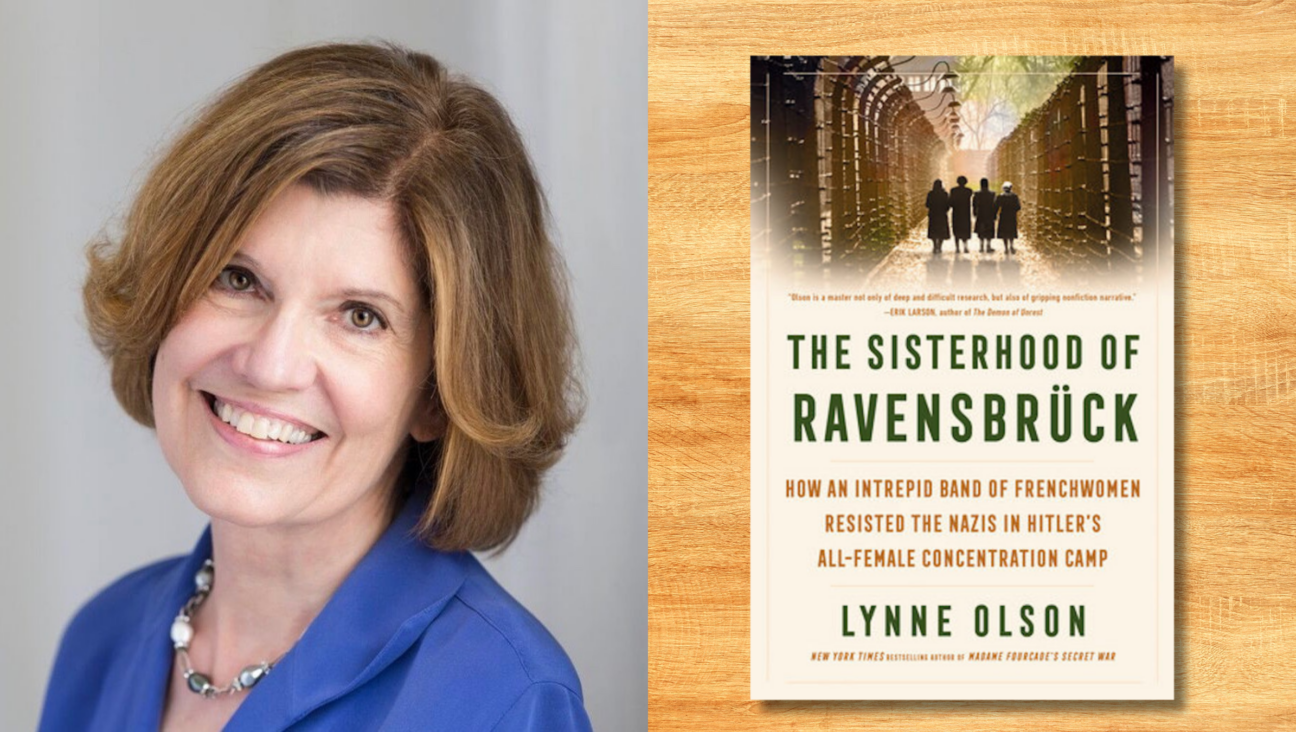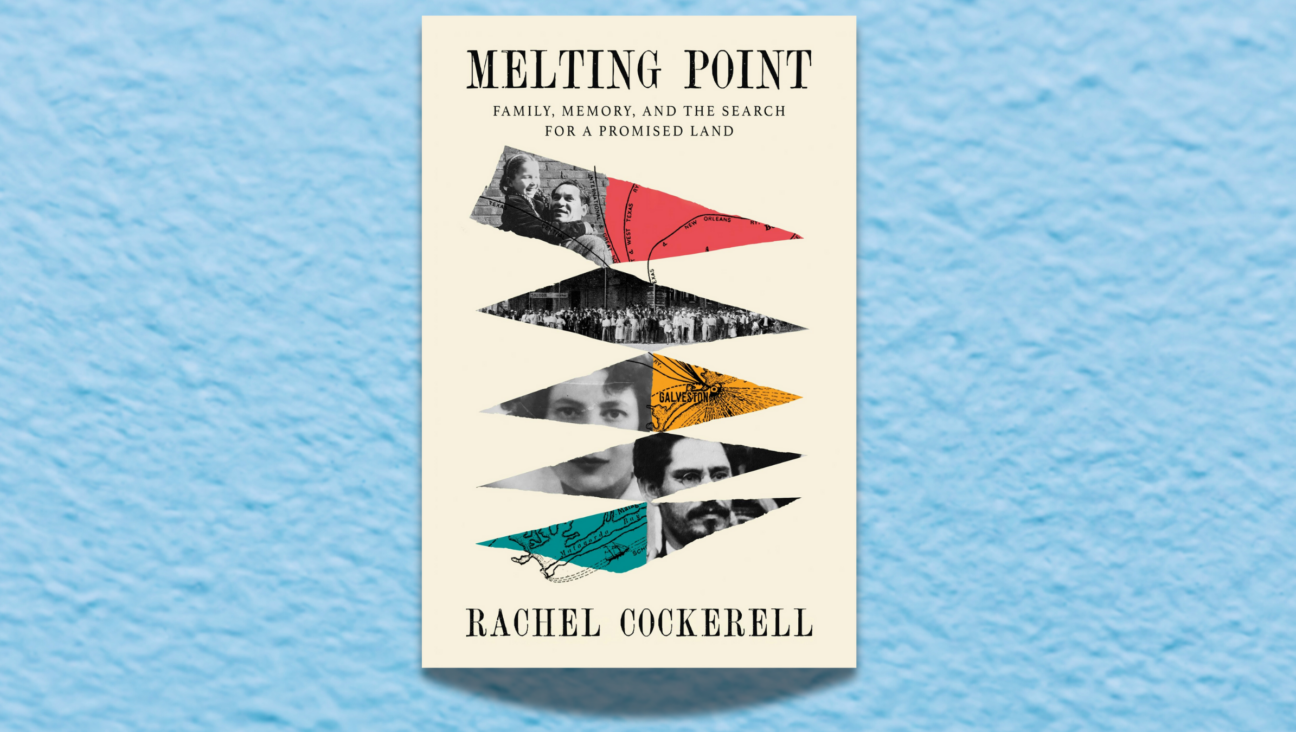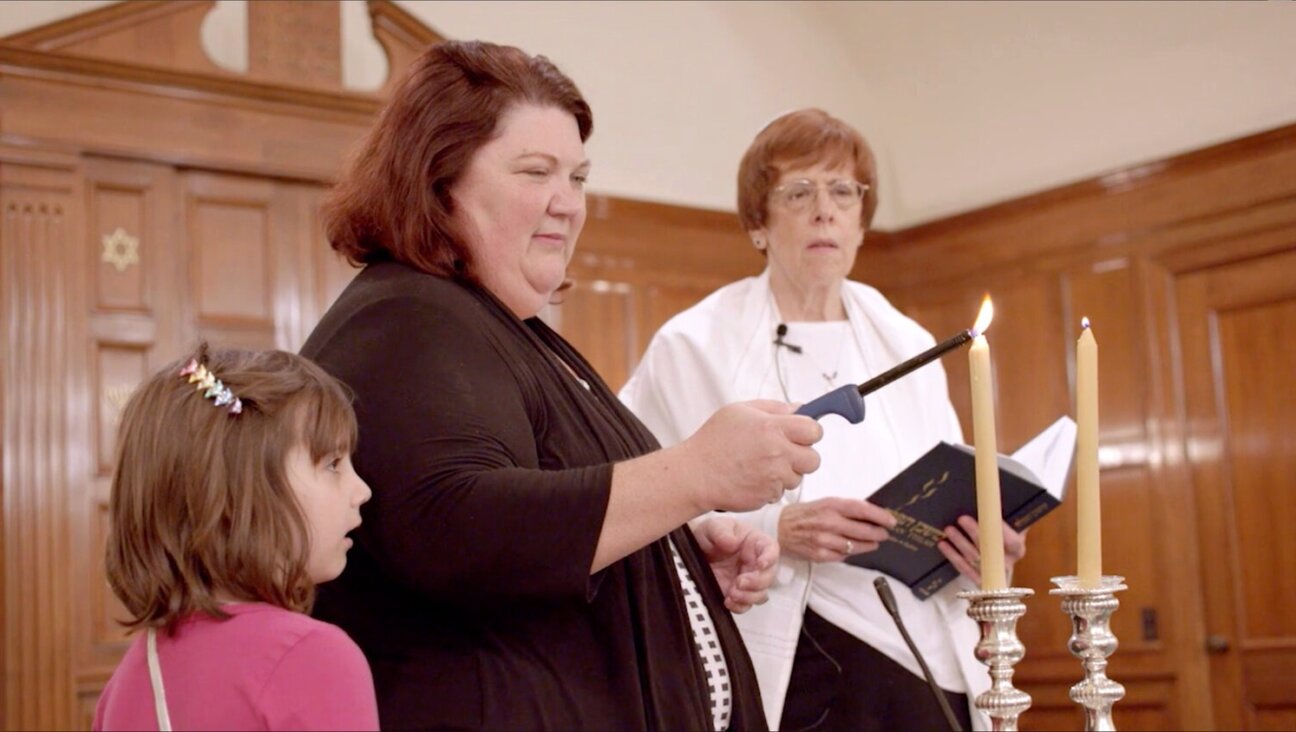Old and Grey and Only in the Way

Earlier this week, Michael Wex, author of “The Frumkiss Family Business,” wrote about writing about intermarriage and being the kvetch guy. His blog posts are being featured this week on The Arty Semite courtesy of the Jewish Book Council and My Jewish Learning’s Author Blog series. For more information on the series, please visit:

I had the misfortune last night to turn on the television just as some self-appointed spokesman for today’s hip, young Jewish culture was saying that certain Jewish approaches to the outside world might have been all right, oh, for people of Mordecai Richler‘s generation, but this idea of the Jew as somehow outside of mainstream North American society was — winced the shmendrick — dated, as relevant to today’s Jewish experience as country music.
Well, I don’t know. I grew up in an Orthodox family in a small town in southern Alberta, not far from the Montana border, and spoke nothing but Yiddish at home. My hometown was the kind of place where country singers like Hank Snow and Wilf Carter were more popular than Jesus — for the simple reason that my father, who ran a furniture store that also sold records, refused to stock any gospel L.P.s.
He liked country and western, though; he used to play it on the radio in the store to make the farmers feel comfortable, and before long he was listening to it at home. His record collection consisted of nothing but cantors and cowboys, and I think he sometimes lost sight of the difference: “Dave Dudley Davens Six Days On The Road and On Shabbos He Davens At Home.”
I still recall Saturday nights, right after havdalah, when the holy Sabbath had just departed, Dad would light his first cigarette of the week and put on some Marvin Rainwater or Lefty Frizzell, while Mom barricaded herself in the bathroom and turned the taps on full-blast.
Listen to Hank Snow sing ‘Movin’ On’:
“Tateh,” I asked him once, “bist dekh a frimer yid, you’re a religious Jew, for God’s sake. How can you listen to this stuff?”
He picked up a copy of “Hank Snow’s Greatest Hits.” “Look at these songs,” he said. “ ‘I’m Movin’ On,’ ‘I’ve Been Everywhere’ — they’re all about golus, about exile, about not having a home and not knowing if you’re ever going to get one. And what’s most of the rest of it? Hurtin’ songs.”
You have to imagine this the way it really took place, with my father still in his Shabbos best, a leisure suit from eighteenth-century Poland, and “hurtin’ songs” the only words not in Yiddish. “And what’s a hurtin’ song but a kvetch, a kineh — a lament for something that you’ve lost. And who understands loss better than a Jew?”
Let the shmendriks with their voluntary tattoos go chase the up-to-date and snuffle for paradigms of change. I’m gonna sit home with a bottle of whiskey in my hand and a Gemara on my knee, while Tammy Wynette tells me all about her gimel-tes, ‘cause I’m just like everyone else.
Michael Wex is the author of “The Frumkiss Family Business.”
MyJewishLearning.com is the leading transdenominational website of [Jewish][12] information and education. Visit My Jewish Learning for thousands of articles on Judaism, [Jewish holidays,][15] [Jewish history,][16] and more.























